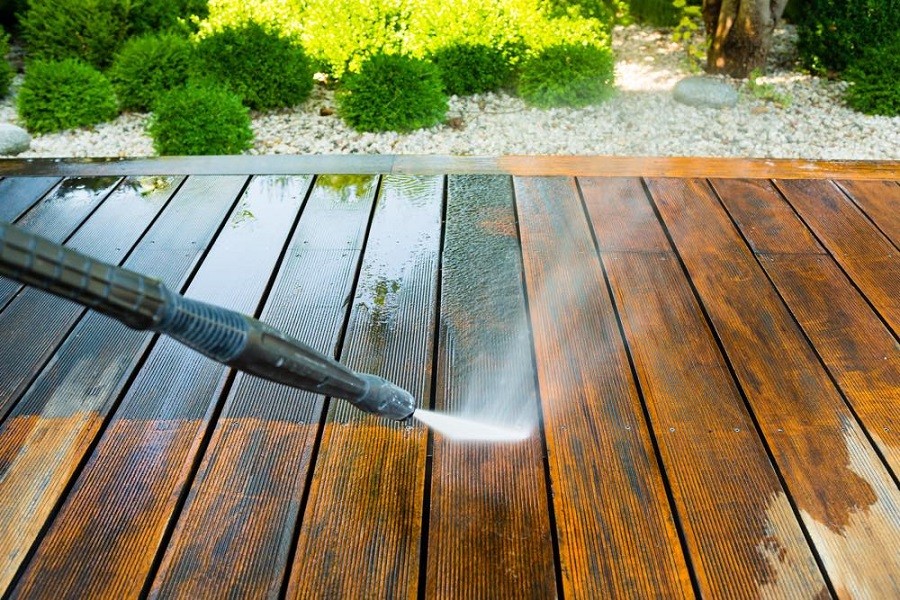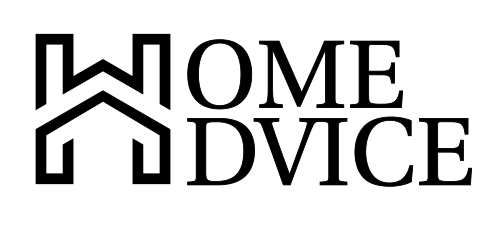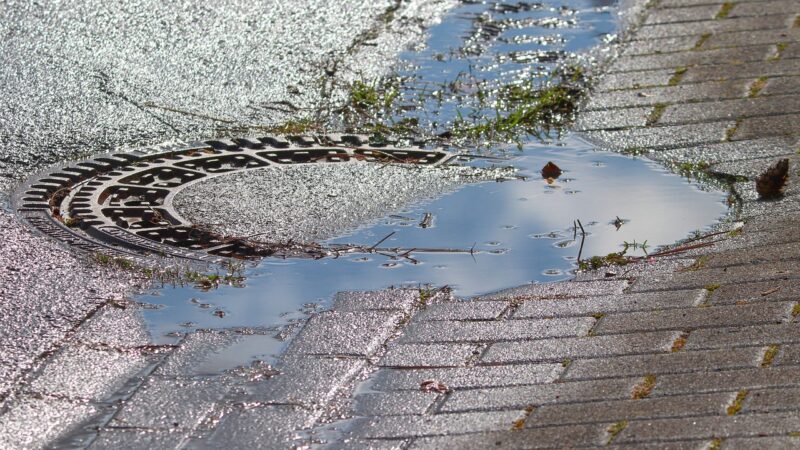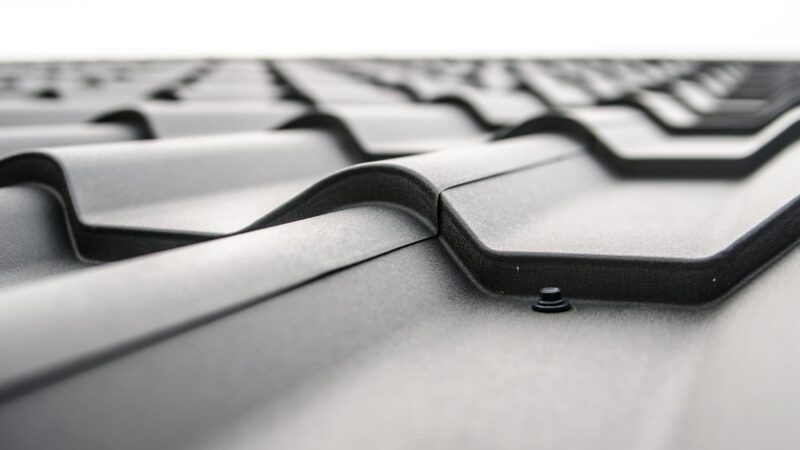Power Washing Considerations

Thinking about power washing your deck, or roof in the coming weeks? With water – freshwater – being a concern these days, it would be prudent to consider the following facts prior to engaging in power washing around your home.
Firstly, consider whether there is an alternative method to reduce the amount of water that is ultimately used. Can you use absorbent materials to wipe up any oil? Does the area require a good sweep or vacuuming to remove debris prior to the wash?
Thought needs to go into the cleaning solutions you intend to use. Are they environmentally friendly? Caustic chemicals corrode surfaces they settle on, as well as being harmful to the environment. Location is also important. Are you power washing close to storm drains, or on a slope where runoff is going to land up in the storm drains?
Water that flows down into storm drains is not treated and poses potential hazards particularly if it runs off rooftops, or down driveways where antifreeze or oil leaks, paint chips, roof particles and so on, go unchecked into the lakes, streams and ultimately oceans. Storm drains must be protected from this runoff.
What about water seepage into the soil?
Depending upon what you are cleaning, the following instructions are recommended:
Do a dry clean-up before washing down. If possible, wash without soaps. Contaminated water must be kept out of the storm drains and if caustic, must be neutralized before being discharged to the sanitary sewer. Dispose of dry waste into the garbage if non-toxic. If materials have been used to soak up paints, solvents, cleaning fluids and so on, they should be directed to a hazardous waste facility. Wash water and solid residues with lead-based paints must be contained and tested as a hazardous material and disposed of at a licensed treatment facility. Keep the usage of freshwater to a minimum.
It is vital to place conscious thought as to the best and proactive techniques to engage upon when power washing. Water is a finite commodity that is precious and valuable. When you implement practical, thoughtful steps to achieve the desired cleanup you are looking for, you are protecting and improving water quality; saving money on disposal costs, and saving the environment and water systems from toxic run-offs.
Just as you would be proactive in ensuring the health of your family, realize that the health of the environment is interconnected, and just as important. The same measure of implementation and concern is necessary for both – one is not mutually exclusive to the other.








